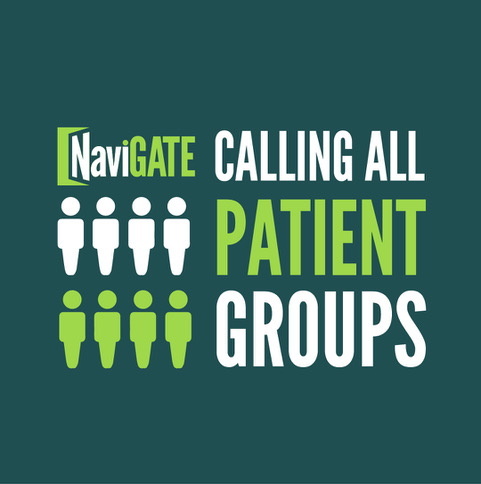Our commitment to patients
We know that living with a rare disease can sometimes be challenging, frustrating and, at times, isolating. It is not always easy to know where to turn, what questions to ask and how far you can push.
At Clinigen, our mission is to accelerate access to innovative medicines for patients in every corner of the globe. We want patients to know - and feel confident to ask - ‘What is Possible?’
As pathfinders, we’re experts at navigating complexity and accelerating access to medicines to those that need them, and our world-class team works together with our pharma and biotech clients to impact lives through early access programs.
We currently run over 300 Early Access Programs globally, covering many rare conditions including rare cancers.
What Are Early Access Programs?
Early Access Programs (EAPs), also known as Managed Access Programs, offer ethical, compliant, and controlled mechanisms for patients to access investigational medicinal products (IMPs) outside of the clinical trial space and before they are officially marketed. These programs are designed for patients with life-threatening diseases who meet specific criteria:
- No Treatment Options: Patients who have no available treatment options due to the severity of their condition.
- Clinical Trial Ineligibility: Individuals who do not match the entry criteria for clinical trials.
- Completed Clinical Trials: Patients who have completed a clinical trial and would benefit from continued access to the investigational product before its formal authorisation.
EAPs can be referred to in multiple ways. Some of the terms that you might hear include Early Access, Managed Access, Compassionate Use, Named Patient use, Expanded Access, Pre-approval Access and Unlicensed Access. EAPs can be implemented on a patient-by-patient basis, or, in some countries, for a group of patients, based on local regulations. For rare diseases where patient numbers are low, in many countries an EAP might proceed on an individual patient basis, at least at first.
How Can Patients Access Early Access Programs?
If you or a loved one are seeking access to an EAP, the first step is to consult with your healthcare provider. They can guide you on whether an EAP is suitable and provide necessary documentation. Remember that EAPs are designed to provide access to promising treatments while maintaining safety and ethical standards. If there are no early access programmes, then the individual compassionate use route can be an alternative discussion to have with your healthcare provider.
Five things to remember when talking to your healthcare provider about Early Access
Know the specifics of your condition and how it impacts your life. This will help you articulate your needs better. Gather information about your medical history, current medications, and any relevant test results.
Learn about the Early Access Programs and the specific medicines that might be beneficial for your condition.
Write down any questions or concerns you have about the program or the medicines.
Make an appointment with your doctor specifically to discuss these options.
During the appointment, ask your doctor about the potential benefits and risks of the medicine, and whether you would be a good candidate for the program.
Other ways to access EAPS
- Research specialist centres of excellence: You can also reach out to doctors specialising in your disease to enquire if any early access programmes are in the pipeline. Ask if there are any programmes that are open and if you can be added to the potential list of patients.
- Patient organisation websites sometimes have lists of EAPs so take a look to see if there’s one for your condition.
- Join patient advocacy initiatives being run either independently or as part of a patient organisation.
- Patient organisations can also fund their own early access programmes in collaboration with a clinician and pharma company so speak to them about what is possible.
GB-CPL--003 Date of Prep. February 2024

Cystic Fibrosis Patient
Having early access to treatment has completely changed my life. I had clinically deteriorated and I was hospitalized due to cystic fibrosis complications, and when my clinician explained that I could have treatment to a medicine, I was ready to start right away. I can work full time in a role that I love now, and I am very grateful to my clinician for giving me the early access to treatment that has changed my life.

Help Clinigen shape the future of Early Access
Clinigen’s Navigate Program aims to upskill patient organisations and empower them to confidently navigate supporting their community and advocating for early access .






